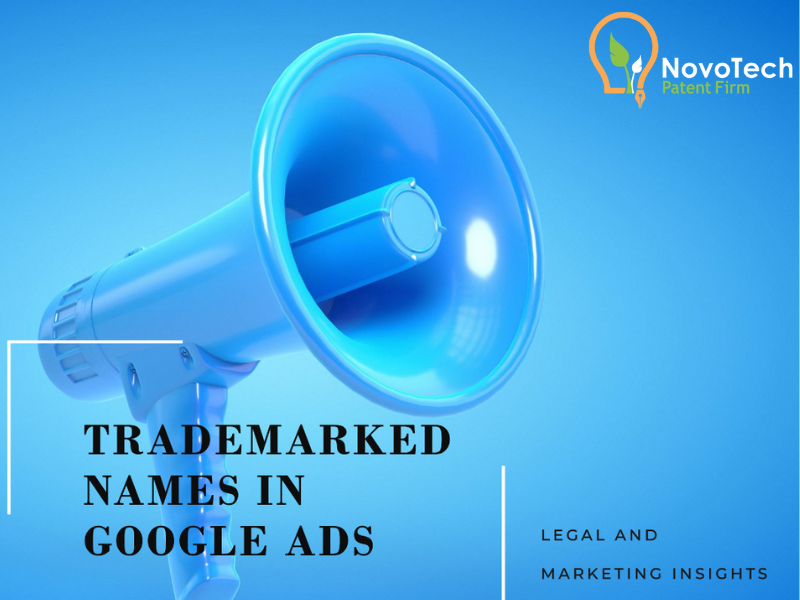
Using Trademarked Names in Google Ads
Authored by Babak Akhlaghi on December 13, 2024. In a recent trademark infringement case, the district court’s decision was upheld on appeal, favoring defendant Brown, Engstrand & Shely, LLC, known as The Accident Law Group (ALG), against Lerner & Rowe, PC. Based in Arizona, Lerner & Rowe is a prominent personal injury law firm with multiple registered trademarks, including the firm’s name. Founded in 2005, they have invested over $100 million in advertising to promote their brand in Arizona. The case highlighted the use of trademarked names in Google ads. Specifically, ALG employed a marketing tactic called “conquesting,” which involved purchasing the “Lerner & Rowe” keyword for Google Ads. This strategy caused ALG’s advertisements to appear prominently in search results when potential clients searched for “Lerner & Rowe.”
Legal Framework: The Standards at Play
Trademark infringement under the Lanham Act requires demonstrating two key elements: (1) a protectible ownership interest in the mark and (2) the likelihood of consumer confusion due to the defendant’s use of the mark. In this scenario, the court focused on the latter as Lerner & Rowe’s ownership was undisputed. When evaluating confusion in keyword advertising, factors like the mark’s strength, actual confusion evidence, consumer care level, and advertisement presentation are vital.
Judicial Findings: Evidence of Actual Confusion
In this case, Lerner & Rowe presented evidence of actual confusion through 236 phone calls received by ALG’s intake department, where callers mentioned Lerner & Rowe by name when asked how they found ALG’s number. Google data revealed that from 2017 to 2021, searches for “Lerner & Rowe” displayed ALG’s ads 109,322 times. Thus, the 236 instances of confusion represented a mere 0.216% of total exposures to these ads. Additionally, users clicked on ALG’s ads 7,452 times, accounting for only 6.82% of the total displays. An expert survey commissioned by ALG found that their ads confused between 0% and 3% of consumers. The district court deemed this evidence of confusion as minimal and ruled in favor of ALG on this factor.
The Sophisticated Consumer: Internet Savvy and Careful
The degree of care exercised by internet users was another critical factor. Regular online shoppers are generally considered discerning, able to differentiate between genuine and sponsored links. In this case, the court noted that users specifically searching for “Lerner & Rowe” were expected to be even more vigilant, reducing the likelihood of confusion when encountering ALG’s advertisements.
Decisive Advertisements: Clarity in Presentation
Ultimately, the court found that ALG’s advertisements were clearly labeled, diminishing any chance of initial interest confusion. The visual context of the search results, which prominently featured Lerner & Rowe’s official link alongside ALG’s ad, reinforced this conclusion. The court held that even without a direct link to Lerner & Rowe immediately following ALG’s ad, prudent consumers would not mistakenly select ALG’s link.
Takeaway
A key takeaway from this case is the importance of clear labeling and consumer awareness in digital advertising. The court’s decision highlights that even when using trademarked names in Google ads, the likelihood of trademark infringement is minimized if advertisements are clearly presented and consumers are expected to exercise a high degree of care. This underscores the need for businesses to ensure transparency in their online marketing efforts to avoid legal pitfalls.
Stay Informed with Expert Insights!
Want more valuable tips on navigating patent law and protecting your intellectual property? Join our free weekly newsletter for the latest updates, expert advice, and exclusive content straight to your inbox. Subscribe today and never miss out on essential information that can make all the difference in your patent journey! Subscribe to our Newsletter